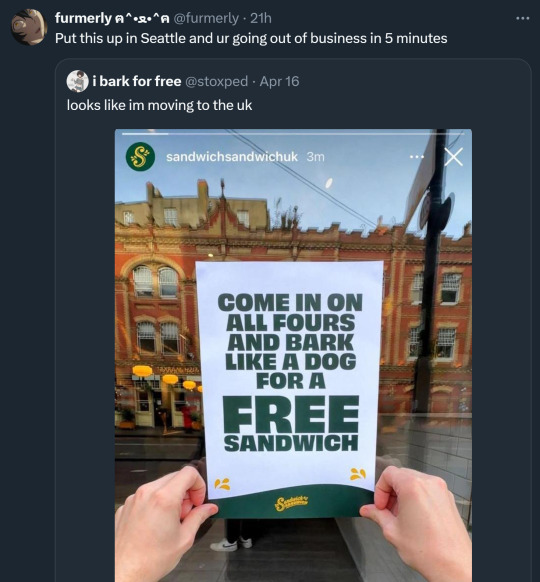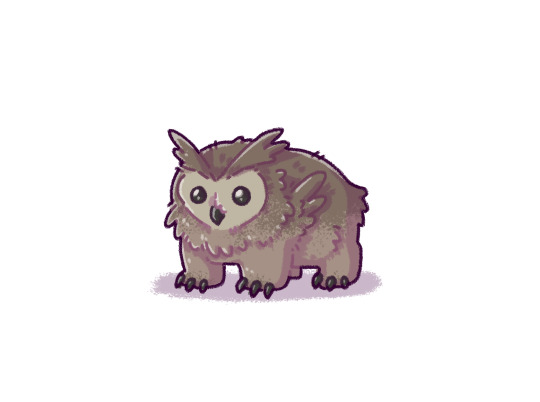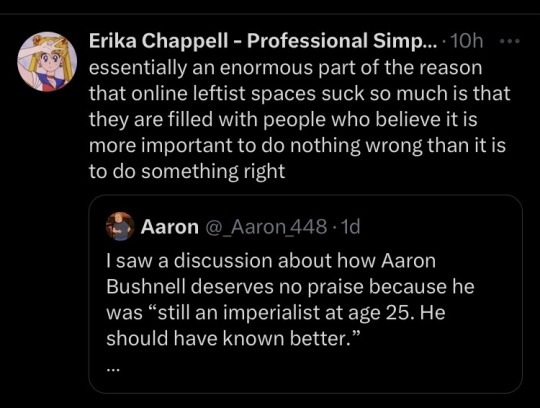Text
The concept of not using your top sheet is totally foreign to me. I guess it’s because I grew up in a drafty old house sleeping under down comforters, antique quilts, wool blankets and other pieces of bedding that were a sensory nightmare/difficult to clean. I see people in my generation joke about the uselessness of the top sheet and I’m like. Idk, I think it has a pretty important job to do protecting you from touching the creepy haunted quilt your great grandma sewed.
9K notes
·
View notes
Text
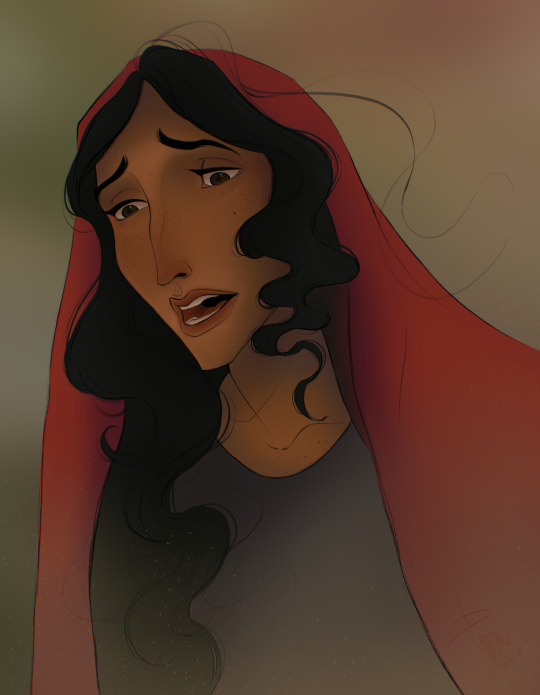
River, oh river, flow gently for me!
Such precious cargo you bear!
Do you know somewhere he can be free?
River, deliver him there
607 notes
·
View notes
Text
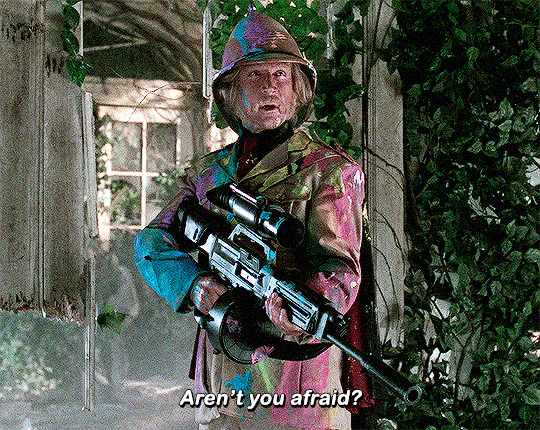
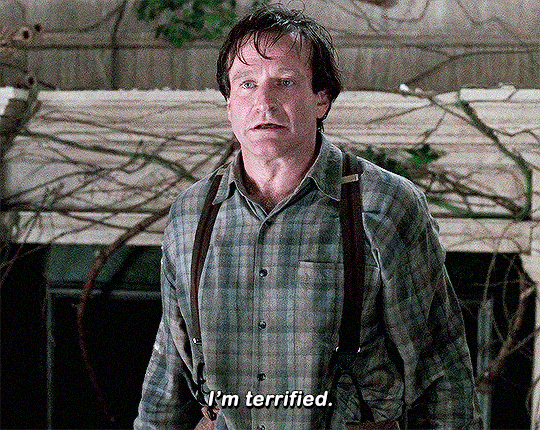
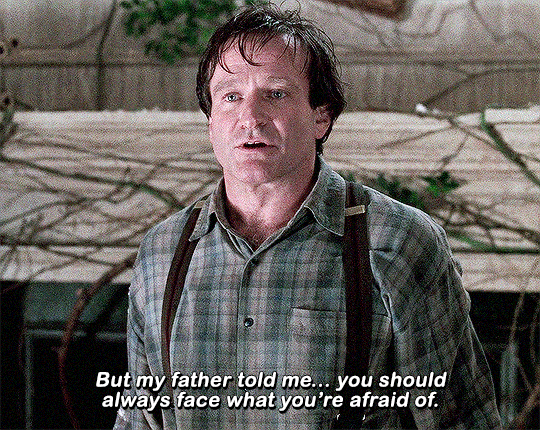
Jumanji (1995) dir. Joe Johnston
948 notes
·
View notes
Text
Im curious.
9K notes
·
View notes
Text
So I just saw a post by a random personal blog that said “don’t follow me if we never even had a conversation before” and?????? Not to be rude but literally what the fuck??????????
I’ve had people (non-pornbots) try to strike conversation out of nowhere in my DMs recently, and now I’m wondering if they were doing that because they wanted to follow me and thought they needed to interact first. I feel compelled to say, just in case, that it’s totally okay to follow this blog (or my side blog, for that matter) even if we’ve never talked before.
Also, I’m legit confused. Is this how follow culture works right now? It was worded like it’s common sense but is that really a thing?
#PLEASE you do not have to 'know' me before following#i'm terrible at responding to DMs anyway#it's not bc i don't like getting them i just straight up forget#asks too sometimes i will answer them but look there are over a thousand sitting pretty in my box right now 😭
56K notes
·
View notes
Video
animation of charmander makin some pancakes
#THE ENDING GOT ME HOWLING#went from going d'awwwww to outright CACKLING#fork in hand and then WHOMPF#gorgeous fanart#charmander#pokemon#love this
219K notes
·
View notes
Text
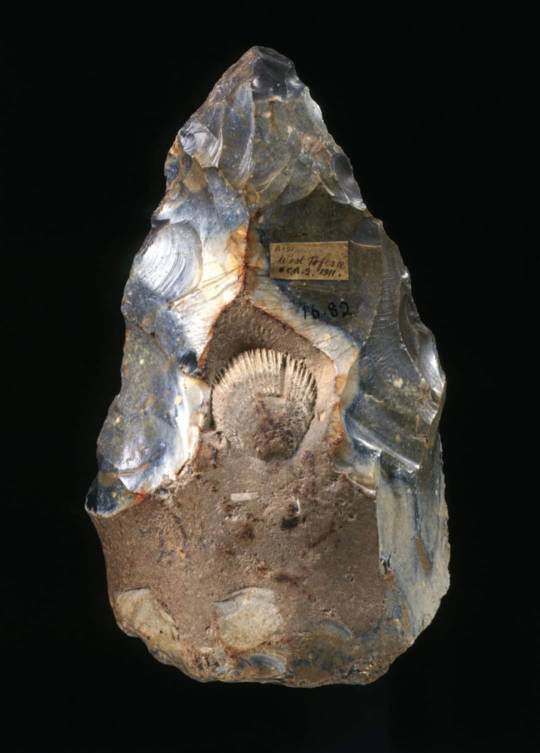
An extraordinary Acheulean handaxe knapped around a fossil shell circa 500,000-300,000 years ago.
The maker appears to have deliberately flaked around the shell to preserve and place it in a central position. As a result this handaxe has been described as an early example of artistic thought.
From West Tofts, Norfolk.
Museum of Archaeology and Anthropology, University of Cambridge, Courtesy Alison Fisk
11K notes
·
View notes
Text
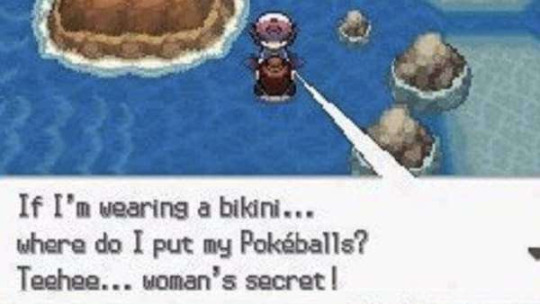
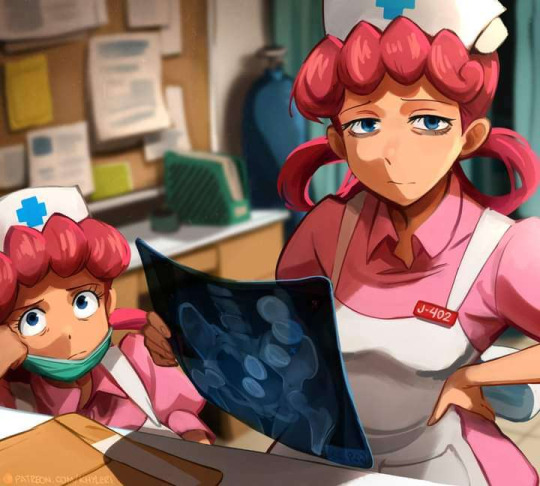
47K notes
·
View notes
Text
On the one hand, it's true that the way Dungeons & Dragons defines terms like "sorcerer" and "warlock" and "wizard" is really only relevant to Dungeons & Dragons and its associated media – indeed, how these terms are used isn't even consistent between editions of D&D! – and trying to apply them in other contexts is rarely productive.
On the other hand, it's not true that these sorts of fine-grained taxonomies of types of magic are strictly a D&D-ism and never occur elsewhere. That folks make this argument is typically a symptom of being unfamiliar with Dungeons & Dragons' source material. D&D's main inspirations are American literary sword and sorcery fantasy spanning roughly the 1930s through the early 1980s, and fine-grained taxonomies of magic users absolutely do appear in these sources; they just aren't anything like as consistent as the folks who try to cram everything into the sorcerer/warlock/wizard model would prefer.
For example, in Lydon Hardy's "Five Magics" series, the five types of magical practitioners are:
Alchemists: Drawing forth the hidden virtues of common materials to craft magic potions; limited by the fact that the outcomes of their formulas are partially random.
Magicians: Crafting enchanted items through complex manufacturing procedures; limited by the fact that each step in the procedure must be performed perfectly with no margin for error.
Sorcerers: Speaking verbal formulas to basically hack other people's minds, permitting illusion-craft and mind control; limited by the fact that the exercise of their art eventually kills them.
Thaumaturges: Shaping matter by manipulating miniature models; limited by the need to draw on outside sources like fires or flywheels to make up the resulting kinetic energy deficit.
Wizards: Summoning and binding demons from other dimensions; limited by the fact that the binding ritual exposes them to mental domination by the summoned demon if their will is weak.
"Warlock", meanwhile, isn't a type of practitioner, but does appear as pejorative term for a wizard who's lost a contest of wills with one of their own summoned demons.
Conversely, Lawrence Watt-Evans' "Legends of Ethshar" series includes such types of magic-users as:
Sorcerers: Channelling power through metal talismans to produce fixed effects; in the time of the novels, talisman-craft is largely a lost art, and most sorcerers use found or inherited talismans.
Theurges: Summoning gods; the setting's gods have no interest in human worship, but are bound not to interfere in the mortal world unless summoned, and are thus amenable to cutting deals.
Warlocks: Wielding X-Men style psychokinesis by virtue of their attunement to the telepathic whispers emanating from the wreckage of a crashed alien starship. (They're the edgy ones!)
Witches: Producing improvisational effects mostly related to healing, telepathy, precognition, and minor telekinesis by drawing on their own internal energy.
Wizards: Drawing down the infinite power of Chaos and shaping it with complex rituals. Basically D&D wizards, albeit with a much greater propensity for exploding.
You'll note that both taxonomies include something called a "sorcerer", something called a "warlock", and something called a "wizard", but what those terms mean in their respective contexts agrees neither with the Dungeons & Dragons definitions, nor with each other.
(Admittedly, these examples are from the 1980s, and are thus not free of D&D's influence; I picked them because they both happened to use all three of the terms in question in ways that are at odds with how D&D uses them. You can find similar taxonomies of magic use in earlier works, but I would have had to use many more examples to offer multiple competing definitions of each of "sorcerer", "warlock" and "wizard", and this post is already long enough!)
So basically what I'm saying is giving people a hard time about using these terms "wrong" – particularly if your objection is that they're not using them in a way that's congruent with however D&D's flavour of the week uses them – makes you a dick, but simply having this sort of taxonomy has a rich history within the genre. Wizard phylogeny is a time-honoured tradition!
#basically you can have as many different kinds of magic users as you want in your fantasy world#all you've gotta do is outline some internal consistency#and it'll be just as valid as any other use of wizard vs warlock vs mage vs etc
3K notes
·
View notes
Text
Suddenly struck with a need to explain to you how boat pronouns work (I work in the marine industry).
When you're talking about the design of the boat, you say "it".
When the boat is still being built, your say "it".
When the boat is nearing completion, you can say "it" or "she".
When the boat is floating in the water you probably say "she", unless there is still a lot of work to be done (e.g. no engine yet) then you say "it".
When the boat is officially launched and operating, you say "she". If you continue to say "it" at this point you are not incorrect but suspiciously untraditional. You are not playing the game.
If you are referring to a boat you don't really know anything about you may say "it" ("there's a big boat, it's coming this way"). But if you know its name, it's probably "she" ("there's the Waverley, she's on her way to Greenock").
If you are talking about boats in general, you say "it" ("when a boat is hit by a wave it heels over")
If you speak about a boat in complimentary terms, it's "she" ("she's a grand boat"). If you are being disparaging it may be it, but not necessarily ("it's as ugly as sin", "she's a grotty old tub").
If she has a boy's name, she's still she. "Boy James", "King Edward", "Sir David Attenborough"? The pronoun is she.
If it's a dumb barge (no engine), you say it. But if it's a rowing boat (no engine), you say she.
I hope this has cleared things up so that you may not be in danger of misgendering floating objects.
82K notes
·
View notes
Text
that late 90s-early 2000s trend of loosely adapting literary classics into teen romcoms was the BACKBONE of our culture and society and we need to make it a thing again
34K notes
·
View notes
Text
European: Americans will be like I’m going to watch a whore movie and eat a hamburger slathered in lard
Americans: it’s true I do do this.
American: British people will be like alright I’m off to eat some wheezy bangers (beans and bread out of a can)
Brit: I’ve seen this reblogged by several people I normally trust so: How mocking British cuisine and dialect has a long classist history and how it became frighteningly normalized on an American (uniquely cruel, uniquely ignorant) internet: a thread. 1/?
#i was literally reading through the first post's punchline waiting for the school shootings mention#truly is insane how ubiquitous that is as a gotcha in convos that start 'haha u eat funny'
75K notes
·
View notes
Text
unfortunately i Do feel better when i clean my living space and eat enough fruits and veggies and go outside and generally remember i am a mammal :| real pity that knowing this does not make it easier to do those things
59K notes
·
View notes
